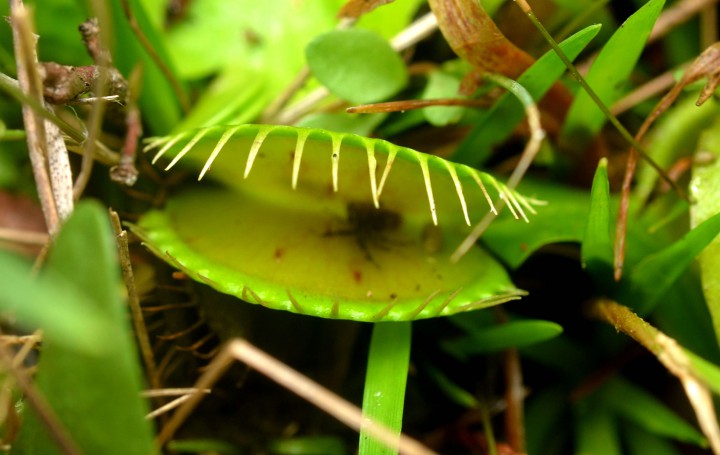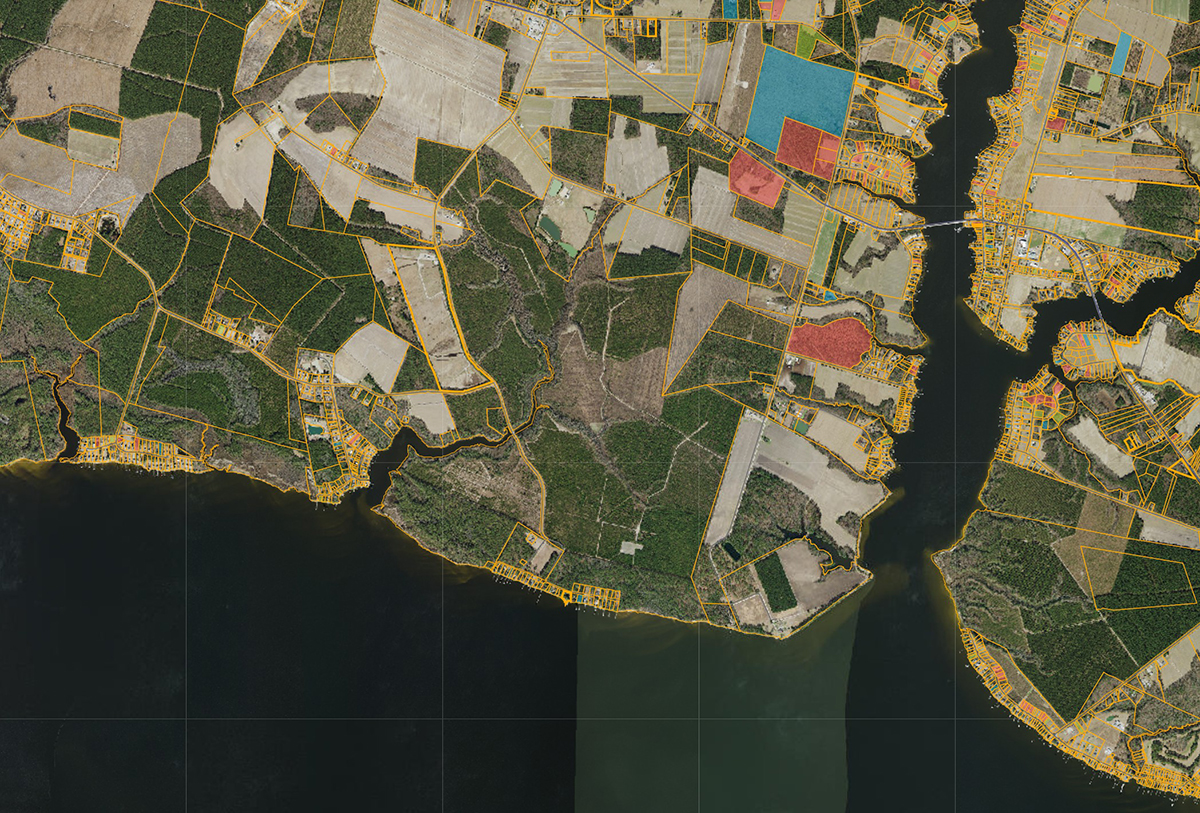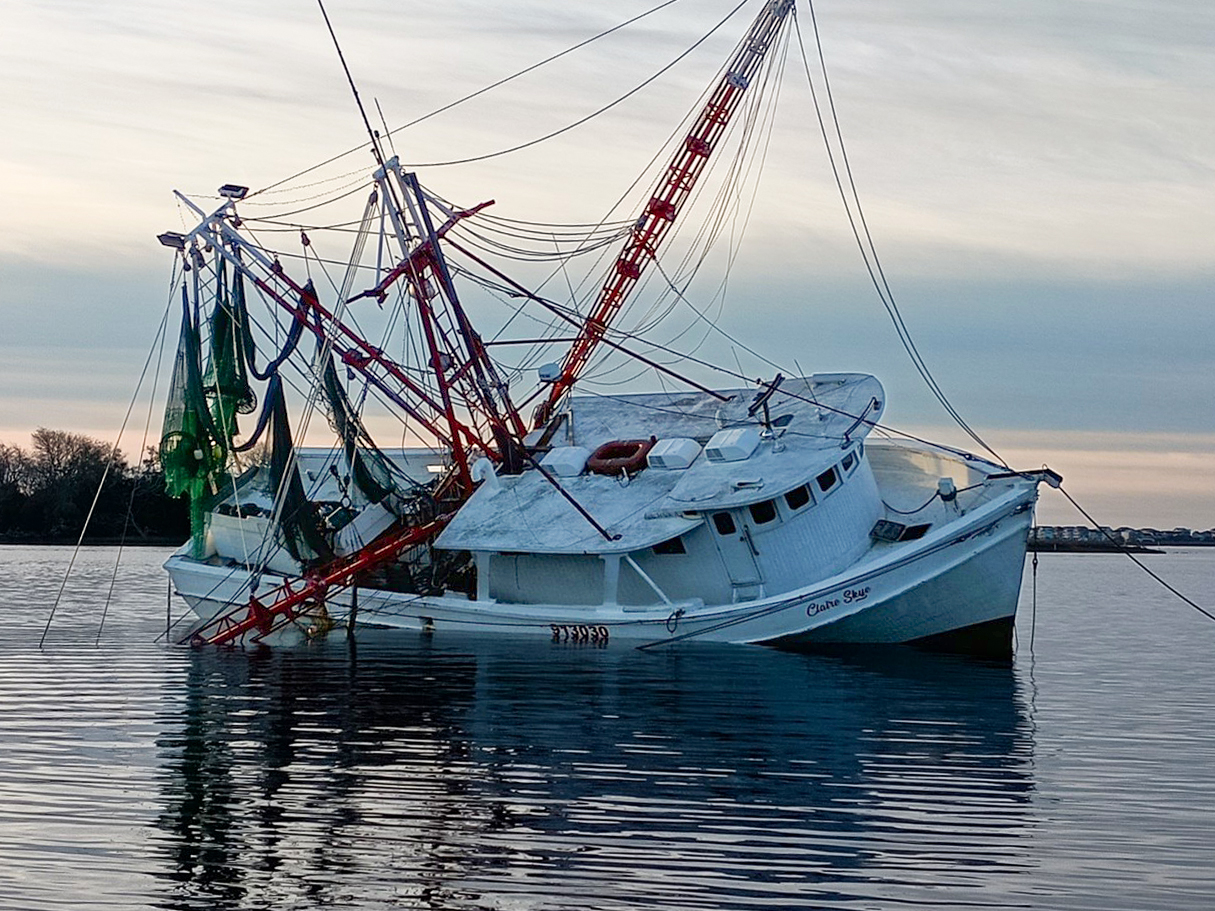
“Educator Treks” planned for early 2022 will explore two different regions of coast: the northeast to see overwintering birds and wildlife in January and to Carolina Beach to learn about coastal marsh, fire ecology and flytraps in March.
Organized by the North Carolina Museum of Natural Sciences in Raleigh, registration is now open for “Educator Trek: Where Swans Fly And Bears Walk” Jan. 7-8 at Pocosin Lakes National Wildlife Refuge near Plymouth and “Educator Trek: Carolina Beach Coastal Exploration” March 11-13 for a tour of Carolina Beach’s natural area.
Supporter Spotlight
These treks are for educators such as teachers, administrators, preservice or substitute teachers, nonformal educators and anyone working on their environmental education certification.
During the January trip to northeastern North Carolina, participants will be able to view thousands of tundra swans, snow geese and other waterfowl overwintering in an area home to wildlife such as black bears, bobcats and red wolves. Learn winter bird identification, tips on preserving tracks and signs and ideas for incorporating wild creatures into your teaching.
Register online for the workshop. Fee is $125, which covers a one night hotel stay near the wildlife refuge. Due to COVID-19 restrictions, lodging will be single occupancy.
Participants will meet museum staff at the lodging site in Plymouth at 7:30 p.m. Jan. 7 for introductory activities. For travel to and from the refuge Jan. 8, participants will ride in Museum vehicles. Face coverings will be required while in museum vehicles.
Educators can earn 12 contact hours toward their continuing education credits or criteria II/III for North Carolina’s Environmental Education Certification Program.
Supporter Spotlight
In March, educators can join museum staff for a camping adventure to explore the natural history of the Carolina Beach area. There will be a chance to canoe a coastal marsh, discuss fire ecology and flytraps, and depart with ideas to share this coastal ecosystem with your students. Participants are encouraged to bring their own sleeping bag, but the museum can supply most other camping gear you might need. The following weekend, March 18-20, is the rain date.
Educators can earn 20 contact hours toward their continuing education credits or criteria II/III for North Carolina’s Environmental Education Certification Program.
Register online for the workshop. Fee is $100 covers two nights camping fees, most meals and transportation in Carolina Beach. The museum can provide a tent if you need one.
Participants will need to meet museum staff at Carolina Beach State Park by 4 p.m. March 11. For travel to field sites, participants will ride in museum vehicles and must wear face coverings while in the vehicles.







